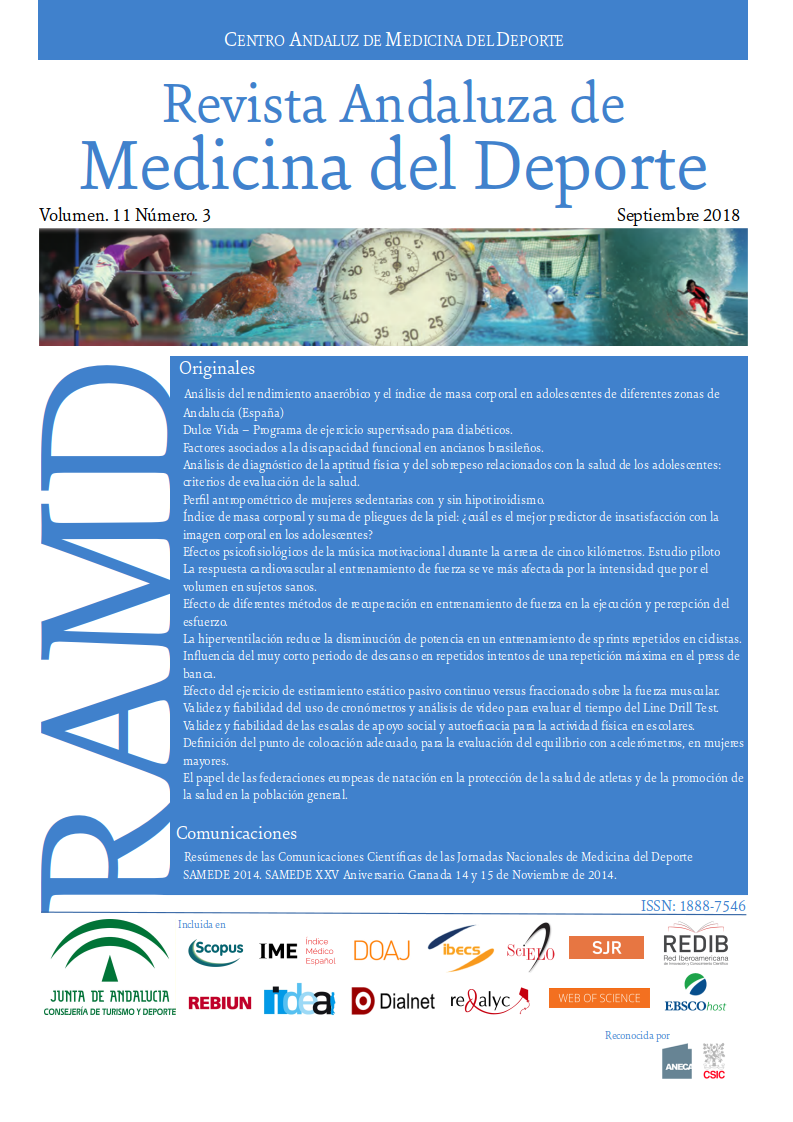Factors associated with functional disability in Brazilian older adults
Keywords:
Salud del Anciano, Actividades cotidianas, Actividad motora, Análisis multinivel Elderly health, Activities of daily living, Motor activity, Multilevel analyses Saúde do idoso, Atividades cotidianas, Atividade motora, Análise multinível
Abstract
Objectives: To analyze the association between sociodemographic characteristics, health conditions and behavioral aspects, with functional disability in the elderly from three regions of Brazil.Method: Cross‐sectional study with a sample of 909 elderly. Data on sociodemographic characteristics, health conditions and behavioral aspects were obtained using questionnaires. Poisson regression models with calculation of adjusted prevalence ratios were used to identify factors associated with functional disability.
Results: The prevalence of functional disability was 51.9%. Multivariate analysis indicated associations of the age group over 80 years, multigenerational household arrangement, negative self‐rated health and lower levels of physical activity with functional disability.
Conclusions: Functional disability is determined by a complex network of factors including sociodemographic characteristics, health conditions and behavioral aspects. Factors related to behavioral aspects such as the programs that promote physical activity may contribute to the effectiveness of multidisciplinary care for the elderly, in which health professionals are inserted.
Published
2018-04-20
Section
Originals


